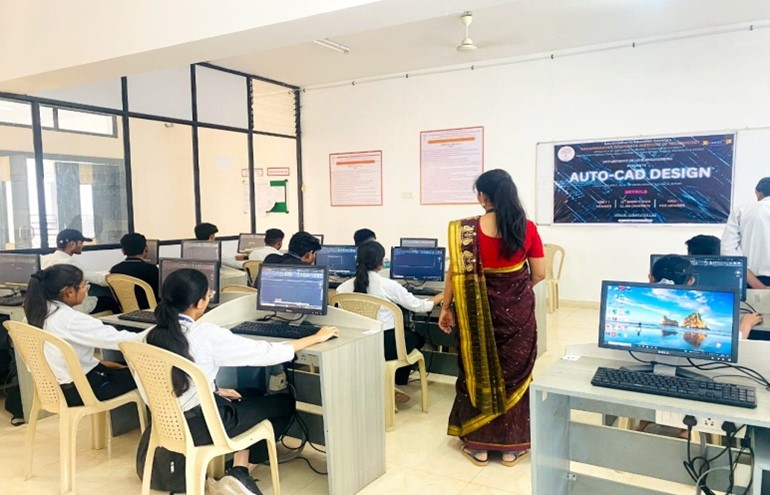Civil Engineering
About Department
Department of Civil Engineering was established in the year 2009 with an aim of promoting high-quality education in the field of Civil Engineering. The department has well-equipped laboratory facilities and highly qualified faculty members having rich experience in teaching and industrial background. Department has a degree course in Civil Engineering with an intake of 60 students and Intake of 24 students for Post-graduation in Environmental Engineering. The department is aiming to transform itself into a centre of excellence in academics & research. The department provides the right kind of environment for the students to groom themselves for innovative and challenging near future. It is also actively engaged in cutting-edge research, trying to find simple and cost-effective solutions for the construction industry and society as a whole.
Teaching and non-teaching staff in the department is dedicated for completing the curricular requirements of the syllabus set by RTMNU. Sufficient infrastructure and facilities are available for both theory and practical performance.
Head of Department
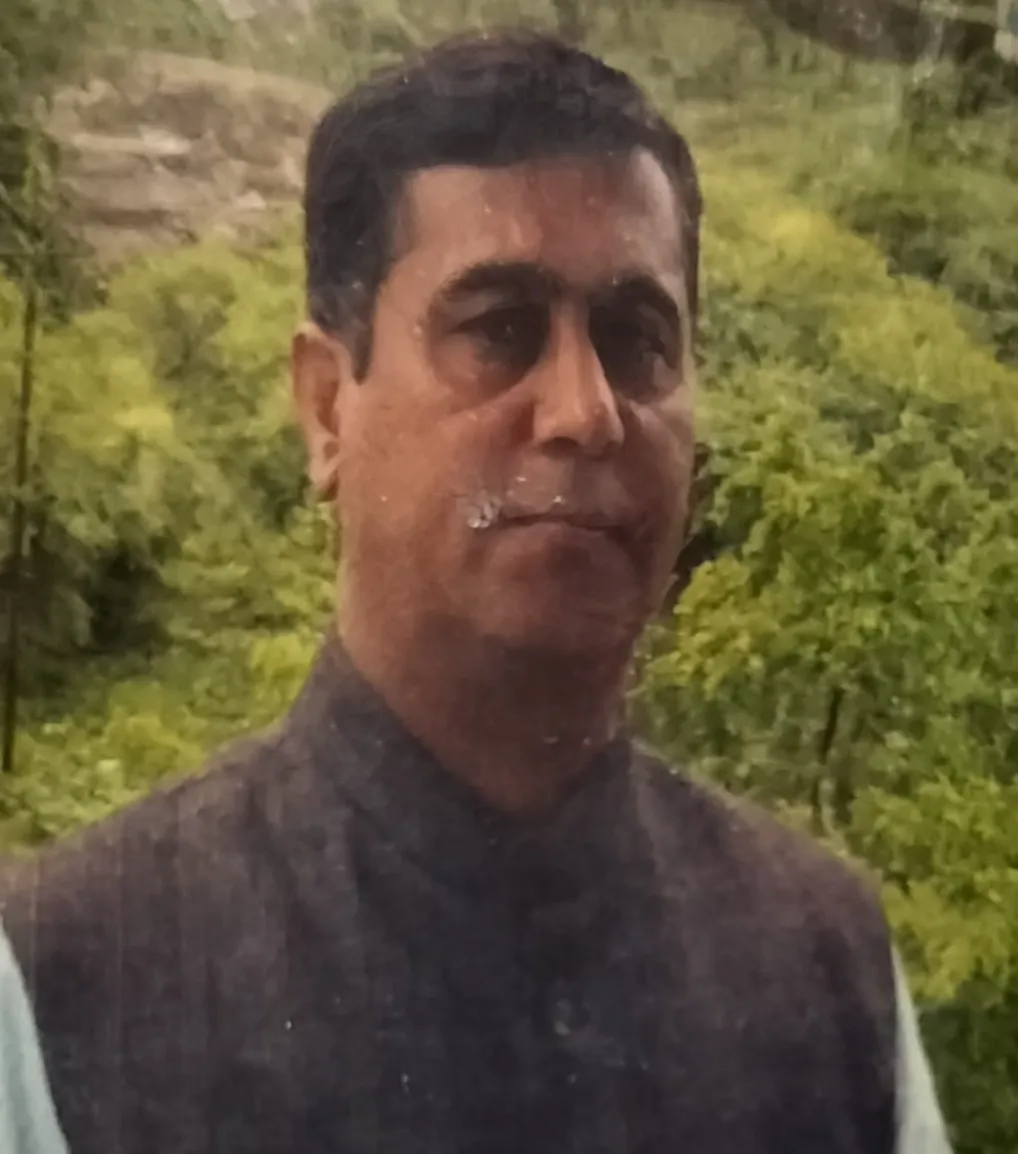
Prof. Dilip L. Budhlani
Prof. Dilip L. Budhlani is a dedicated academic and an experienced leader in civil engineering education. He earned his B.E. in Civil Engineering from Amravati University and an M.Tech in Environmental Engineering from RTMNU, Nagpur. He is currently pursuing his Ph.D. from GHRU, Amravati, and continues to advance his research and academic expertise.
With 28 research papers published in reputed international journals, Prof. Budhlani is committed to innovation and sustainable development. He has also significantly contributed to institutional growth through his active involvement in IQAC, focusing on academic quality and continuous improvement.
As Head of the Civil Engineering Department, he fosters a progressive learning environment and encourages excellence in teaching, research, and professional ethics.
Department Intake/Program Offered
- UG Course
- PG Course
| Name of the UG Program | B.Tech. in Civil Engineering |
|---|---|
| DTE Choice Code : | 418119110 |
| Number of Intake : | 60 |
| Duration of Course : | 4 Years |
| Name of the PG Program | M.Tech. Environmental Engineering |
|---|---|
| DTE Choice Code : | 418120110 |
| Number of Intake : | 24 |
| Duration of Course : | 2 Years |
Vision And Mission
Vision
To be a college of excellence that brings out civil engineers with high technical proficiency and promotes high-end research to meet the present and future challenges in civil engineering.
Mission
- The mission of the Department of Civil Engineering is to develop highly competent professionals, preparing them for entry-level positions in civil engineering, further study in college, life-long learning, and societal leadership.
- The Department is dedicated to providing a dynamic learning environment that emphasizes open-ended design, problem-solving skills, team work, communication, and leadership skills.
- To make the centre of excellence in field of civil engineering and allied research.
Program Educational Objectives (PEO)
The program educational objectives of the Civil Engineering Program at Swaminarayan Siddhanta Institute of Technology, Nagpur are that its graduates could demonstrate the following essential components of a successful engineer and/or consultant within two to four years of graduation:
- PEO-1: To achieve technical expertise to shine in higher education / profession by obtaining knowledge in basic sciences, design and drawing and engineering principles.
- PEO-2: To explore and apply the modern engineering tools for planning, design, execution and maintenance of works that is technically viable, economically and socially acceptable.
- PEO-3: To develop students the ability to work with others, in professional and social environment.
Program Specific Outcomes (PSOS)
Graduates will be able :
- PSO-1: To design and execution of quality construction work considering the health, safety, cultural, societal and environmental factors.
- PSO-2: To perform well in Academics to pursue higher education and other Competitive exams.
- PSO-3: To Work effectively as an individual or in a team having acquired leadership skills and manage projects in multidisciplinary environments.
Program Outcomes
Engineering Graduates will be able to:
- Engineering knowledge: Apply the knowledge of mathematics, science, engineering fundamentals, and an engineering specialization to the solution of complex engineering problems.
- Problem analysis: Identify, formulate, review research literature, and analyze complex engineering problems reaching substantiated conclusions using first principles of mathematics, natural sciences, and engineering sciences.
- Design/development of solutions: Design solutions for complex engineering problems and design system components or processes that meet the specified needs with appropriate consideration for the public health and safety, and the cultural, societal, and environmental considerations.
- Conduct investigations of complex problems: Use research-based knowledge and research methods including design of experiments, analysis and interpretation of data, and synthesis of the information to provide valid conclusions.
- Modern tool usage: Create, select, and apply appropriate techniques, resources, and modern engineering and IT tools including prediction and modelling to complex engineering activities with an understanding of the limitations.
- The engineer and society: Apply reasoning informed by the contextual knowledge to assess societal, health, safety, legal and cultural issues and the consequent responsibilities relevant to the professional engineering practice.
- Environment and sustainability: Understand the impact of the professional engineering solutions in societal and environmental contexts, and demonstrate the knowledge of, and need for sustainable development.
- Ethics: Apply ethical principles and commit to professional ethics and responsibilities and norms of the engineering practice.
- Individual and team work: Function effectively as an individual, and as a member or leader in diverse teams, and in multidisciplinary settings.
- Communication: Communicate effectively on complex engineering activities with the engineering community and with society at large, such as, being able to comprehend and write effective reports and design documentation, make effective presentations, and give and receive clear instructions.
- Project Management and Finance: Demonstrate knowledge and understanding of the engineering and management principles and apply these to one’s own work, as a member and leader in a team, to manage projects and in multidisciplinary environments.
- Life-long Learning: Recognize the need for, and have the preparation and ability to engage in independent and life-long learning in the broadest context of technological change.
Faculty Details
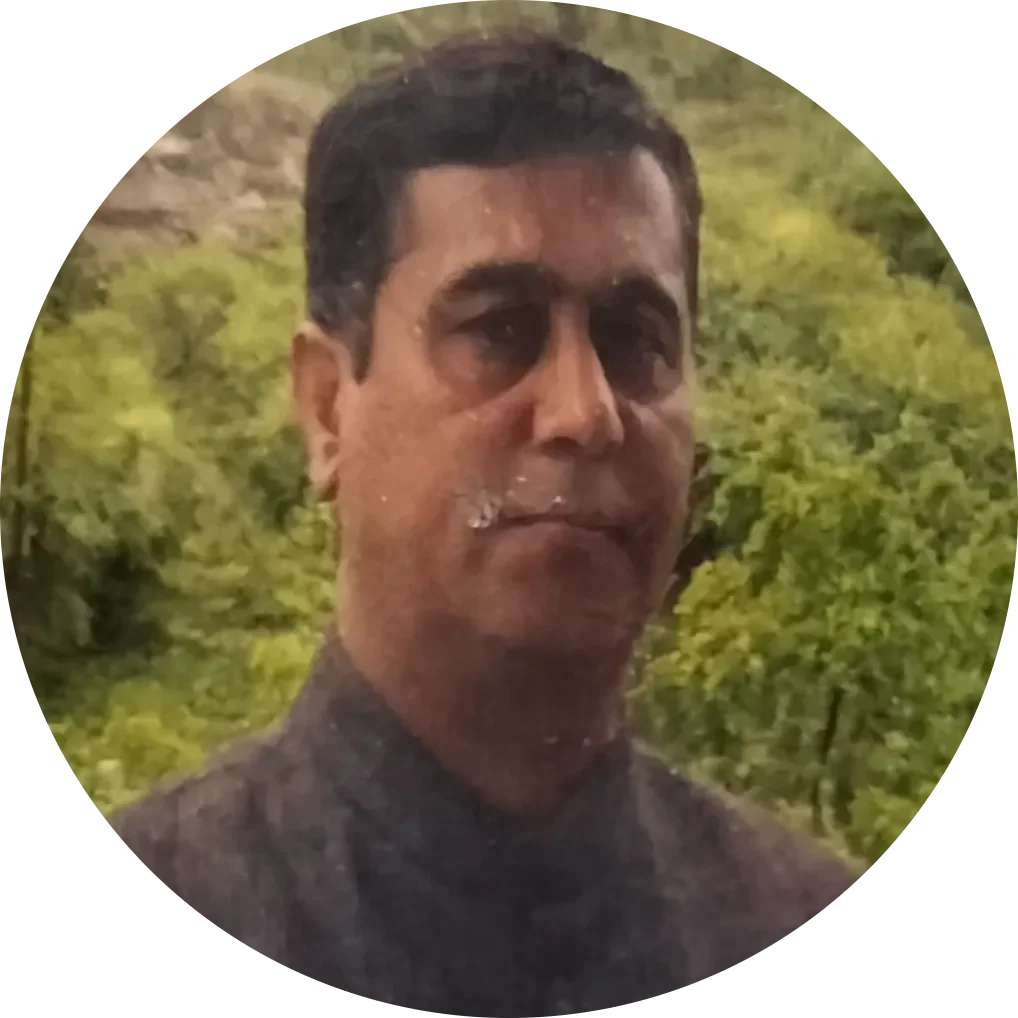
Prof. Dilip L. Budhlani
BE (Civil Engg.), M.Tech (Environmental Engg),
Ph.D. (Pursuing)
H.O.D.

Ms. Pranjali Karhade
BE (Civil Engg.),
M.Tech
(Environmental Engg.)
Asst. Professor

Mr. Nakul Shenode
BE (Civil Engg.),
M.Tech
(Environmental Engg.)
Asst. Professor

Mr. Rohit P. Deshmukh
BE (Civil Engg.), M.Tech (Environmental Engg.), Ph.D. (Pursuing) Asst. Professor
| Sr. No. | Photograph | Name of Faculty | Qualification | Designation | Total Experience |
|---|---|---|---|---|---|
| 1 |  | Mr. Dilip Budlani | BE (Civil Engineering) M.Tech(Environmental Engineering) | HOD Assistant Professor | 23 Years |
| 2 | 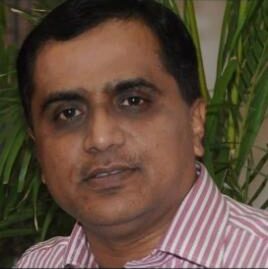 | Dr. Prabodh Pachpor | BE (Civil Engineering) M.Tech(Structural Engineering) | Professor (Adjunct Faculty) | 40 Years |
| 3 | 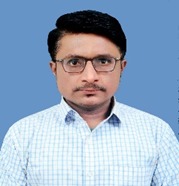 | Mr. Rohit P. Deshmukh | BE (Civil Engineering.) M.Tech (Environmental Engg.) Ph.D (Pursuing) | Assistant Professor | 10 Years |
| 4 |  | Mr. Nakul Shenode | BE (Civil Engineering) M.Tech(Environmental Engineering) | Assistant Professor | 9 Years |
| 5 |  | Ms. Pranjali Karhade | BE (Civil Engineering) M.Tech(Environmental Engineering) | Assistant Professor | 4 Years |
| 6 |  | Mr. Atul Tembhare | BE (Civil Engineering) M.Tech(Environmental Engineering) | Assistant Professor | 4 Years |
| 7 |  | Mr. Manthan Banerjee | BE (Civil Engineering) M.Tech(Environmental Engineering) | Assistant Professor | 1 Year |
| 8 | 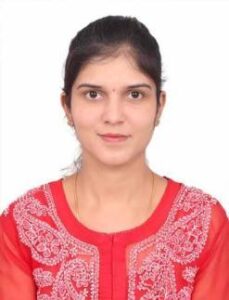 | Dr. Laxmi Gupta | BE (Civil Engineering) M.Tech(Structural Engineering) | Assistant Professor | 11 Years |
| 9 | 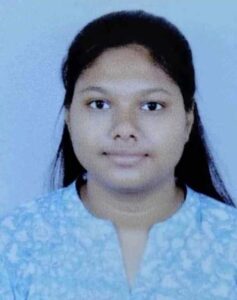 | Ms. Pratiksha Bele | BE (Civil Engineering) M.E.(Construction Engg & Mang.) | Assistant Professor | 1.5 Years |
| 10 |  | Mr. Akash Rathod | BE (Civil Engineering) M.Tech(Transportation Engineering) | Assistant Professor | 1 Year |
Facilities and Events Gallery
- All
- Events
- Facilities
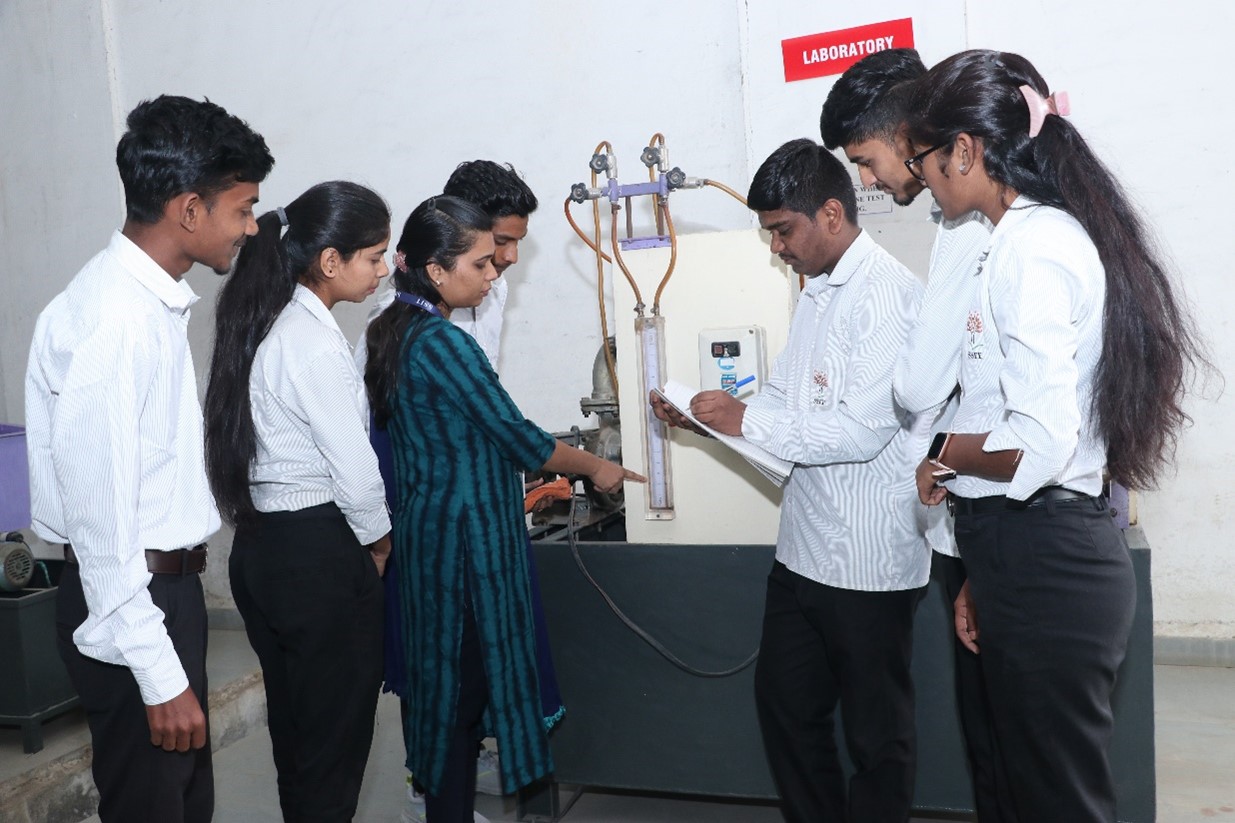
Fluid Mechanics Lab
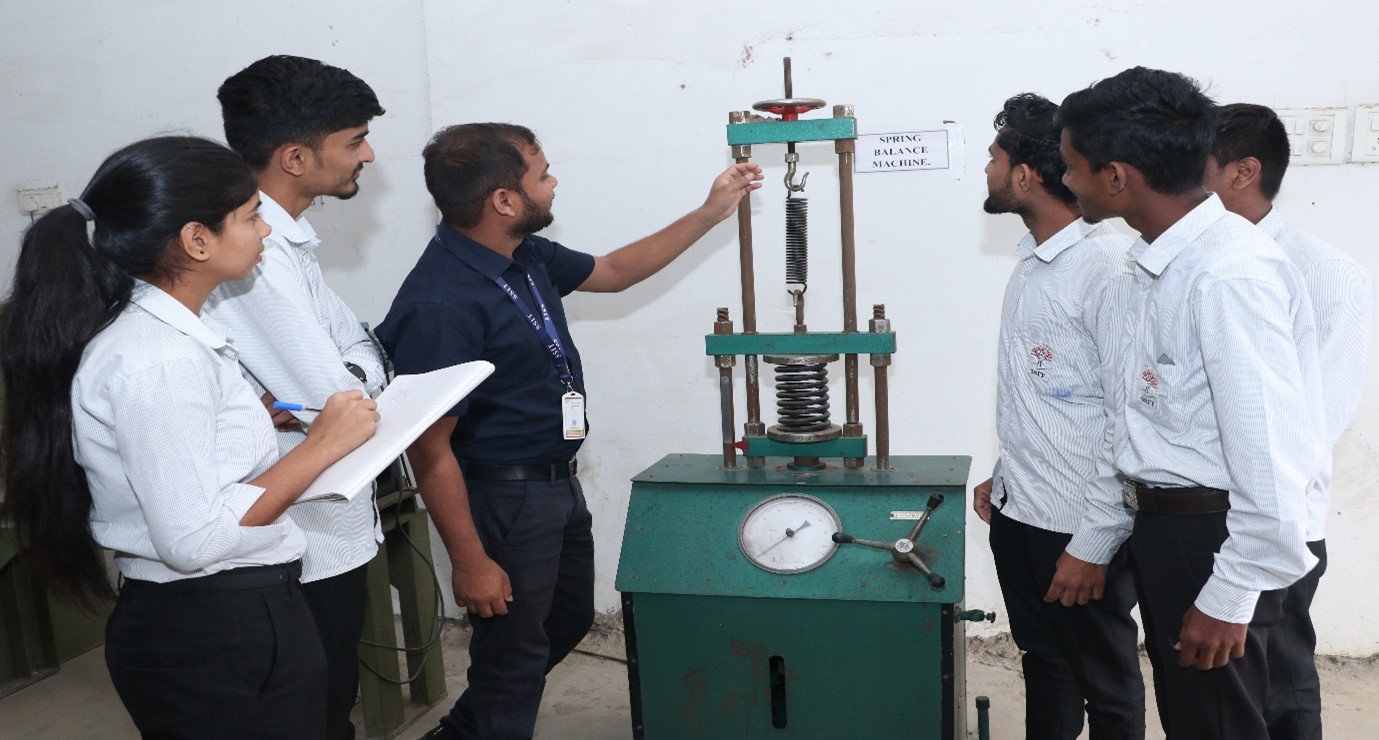
Strength of Material Lab
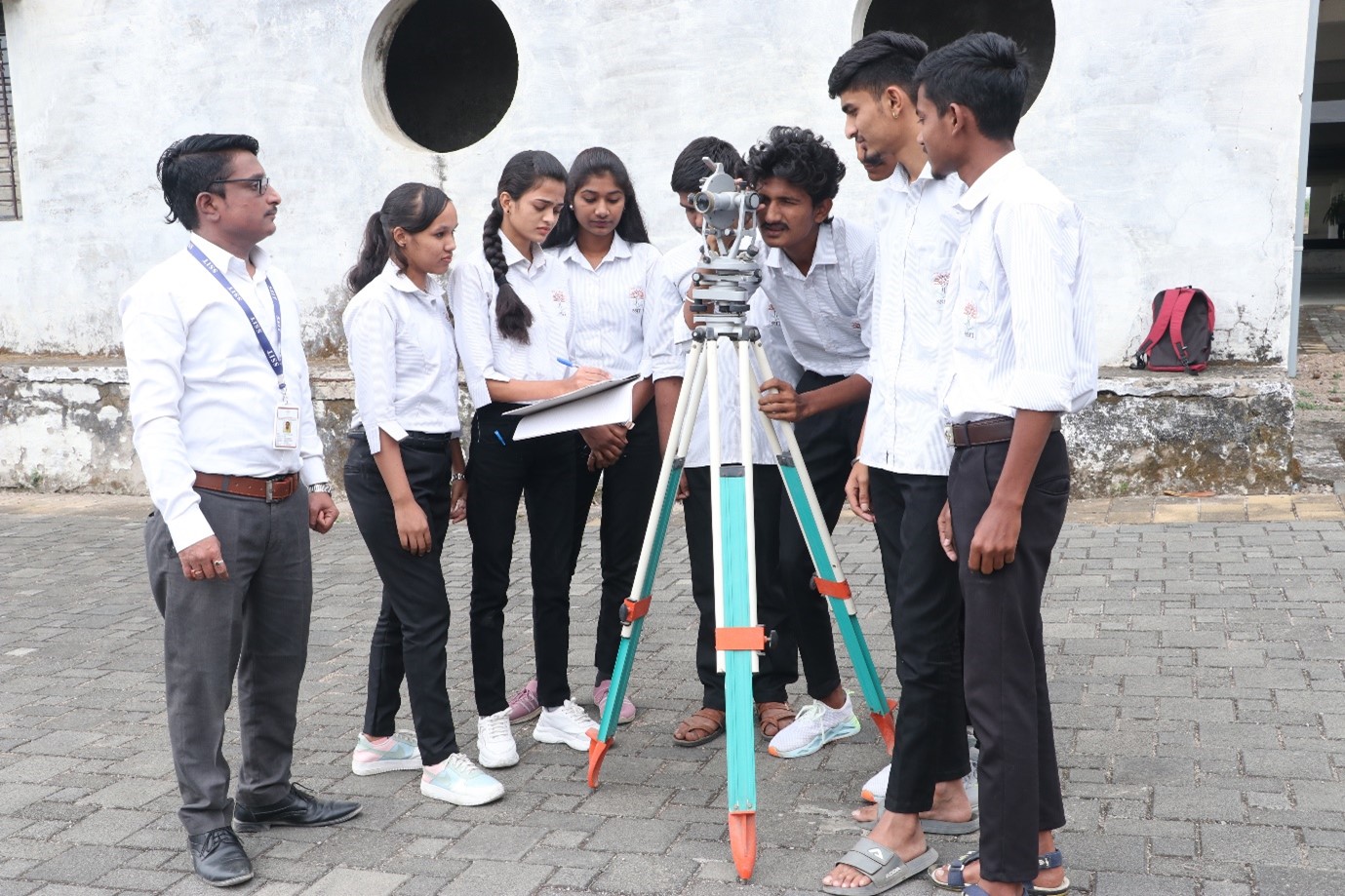
Surveying Lab
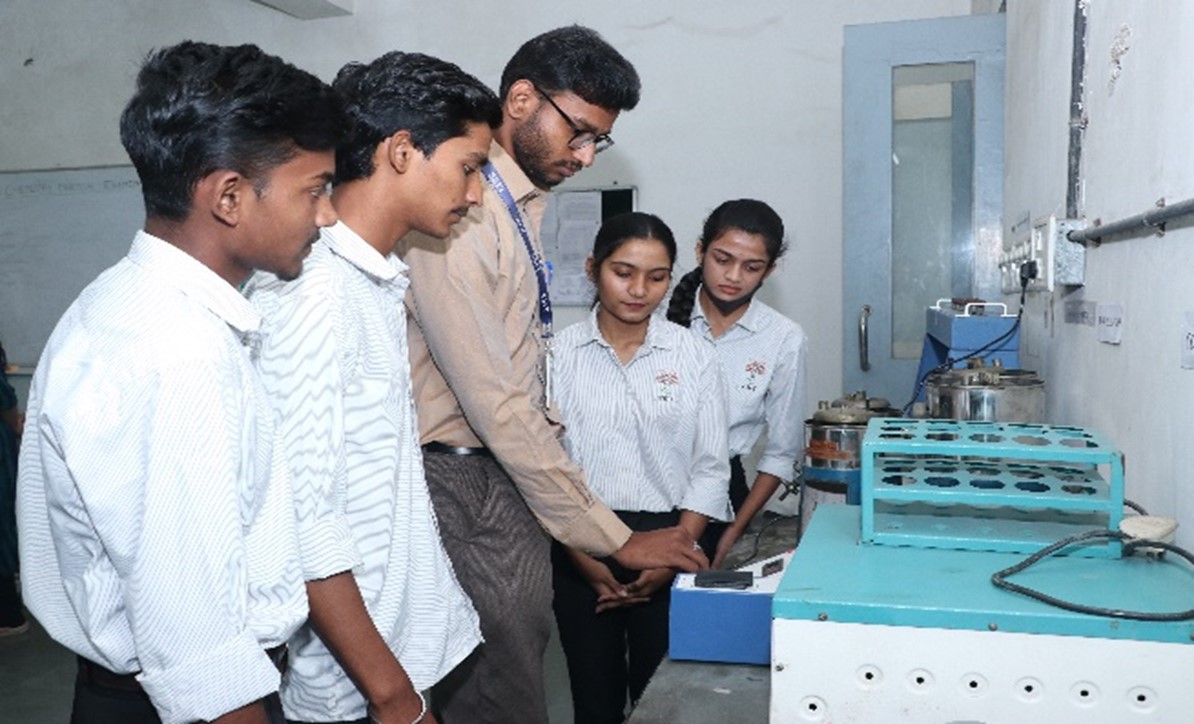
Environmental Engineering Lab
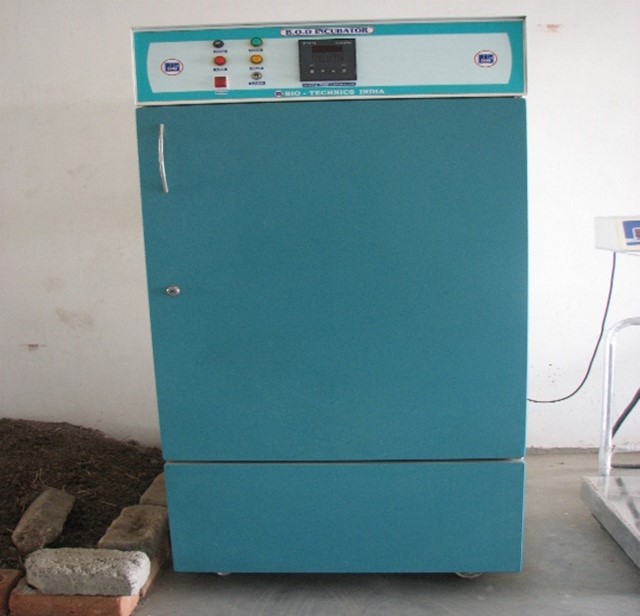
Geotechnical Engineering Lab
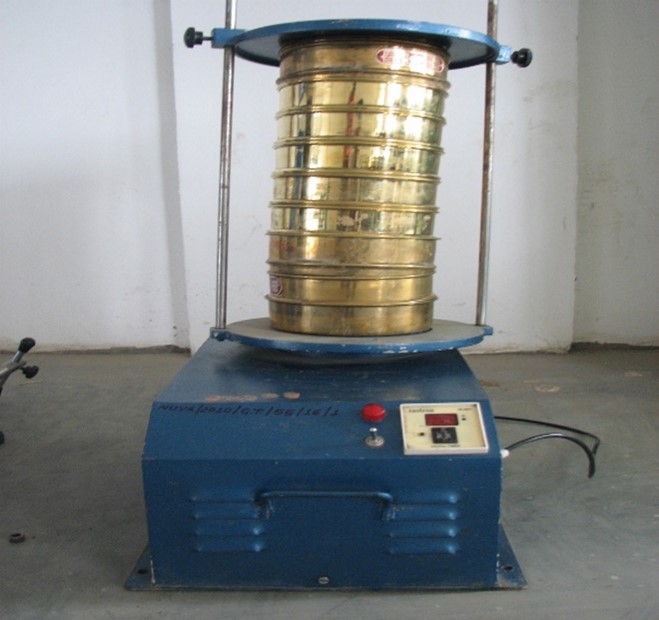
Geotechnical Engineering Lab
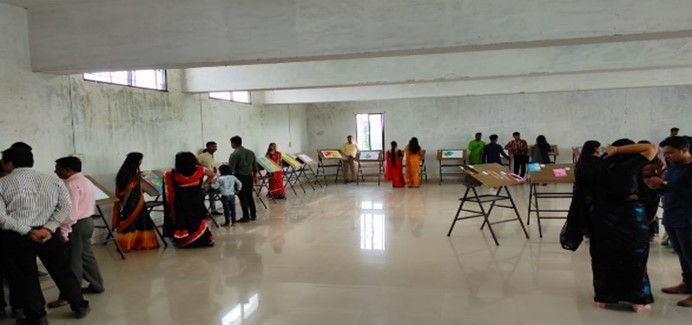
Poster Competition, 20/10/2023
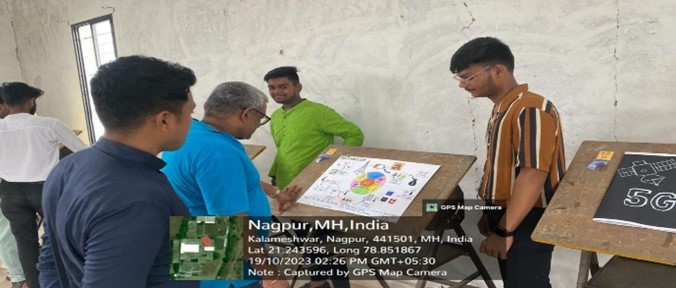
Poster Competition, 20/10/2023
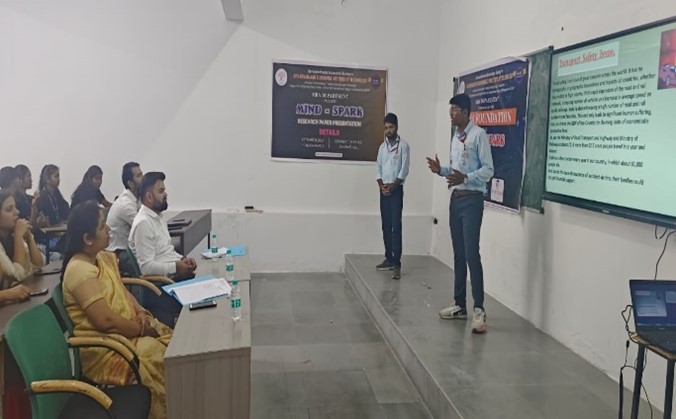
Paper Presentation Competition, 15/03/2023
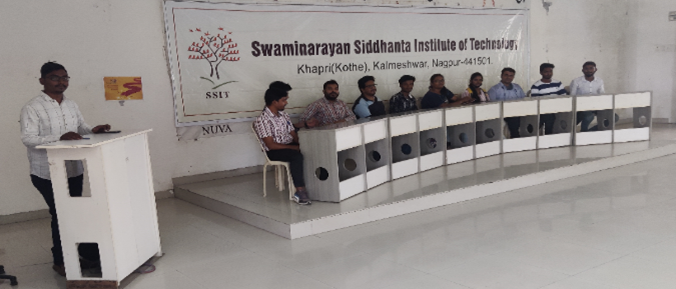
Group Discussion Competition, 19/10/2023
